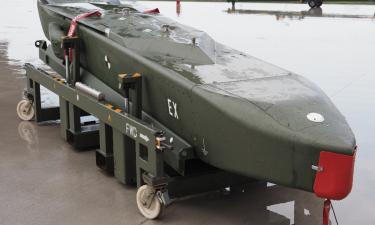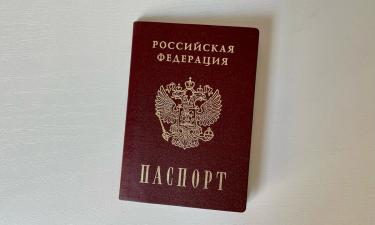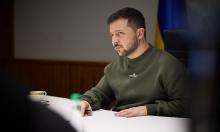Hurricane Charley shatters lives and houses
Hurricane Charley, one of the most powerful in U.S. history, caused at least $20 billion in damage in Florida, early estimates suggest, and prompted the largest mobilization by the Federal Emergency Management Agency since the terrorist attacks of 2001, informs the International Herald Tribune.
"We have met our Andrew," Wayne Sallade, the emergency services director in Charlotte County, which includes Punta Gorda, said in referring to the 1992 hurricane that hit South Florida and killed 26 people.
From the coastal retirement town of Punta Gorda to the rural hamlet of Arcadia farther inland, stunned residents assessed a landscape rearranged by a hurricane they had never expected to come so close. Forecasters had predicted that it would hit farther north.
This region of the Gulf Coast of Florida contains many mobile home parks populated by retirees, and those parks, many with neat double-wide trailers and carefully tended yards, were among the hardest-hit spots.
The officials said they had persuaded many mobile home residents to evacuate, but many had stayed behind. They became a priority for the search-and-rescue teams.
The officials said that up to 80 percent of the buildings in Charlotte County had been damaged.
Rescue workers with axes hacked through debris in Port Charlotte, and officials in nearby Punta Gorda said that the hurricane had destroyed what it took the city nearly 200 years to build.
On Sunday, the president was joined on the helicopter tour by his brother, Governor Jeb Bush of Florida; the emergency agency's director, Mike Brown; the White House chief of staff, Andrew Card; and McClellan.
Jeb Bush spent much of the day with storm victims in Charlotte County. According the Orlando Sentinel, looking solemn and perspiring heavily after touring this hurricane-ravaged town, President Bush said Sunday that he had talked to residents "whose lives have been upside down" and assured them: "Help is on the way." "We need to let them know that a lot of material is coming - things like water and ice and trailers, so people can have peace of mind and know that their neighborhoods will be safe," Bush said before thanking and hugging emergency-services workers at the battered Charlotte County Airport. The president spent about 20 minutes flying over the Port Charlotte and Punta Gorda coastal area in his Marine One helicopter.
This town is "ground zero" in a state Bush declared a federal major disaster area Friday as it was being slammed by Hurricane Charley, a Category 4 storm with winds in excess of 145 mph. Damage to insured homes could reach $11 billion, state officials said.
By Sunday, 1.1 million people in the state were still without power, many of them in the area of Charley's initial tornado-like punch through a 10-mile wide swath. Several cities lacked running water.
Emergency workers opened care stations to dispense water, ice and food and give residents a chance to take showers, for many their first in three days. But the lack of phone service and power made it difficult to coordinate relief efforts.
"This is the largest American Red Cross response since Sept. 11," Red Cross worker J.B. Hunt said, adding that by Monday the agency would be able to serve 3,000 meals, three times a day, to those who needed them, published Reuters.
PRAVDA.Ru has published about a high probability of an unprecedented amount of catastrophic weather anomalies on the Earth. Read the earlier news stories.
Subscribe to Pravda.Ru Telegram channel, Facebook, RSS!





